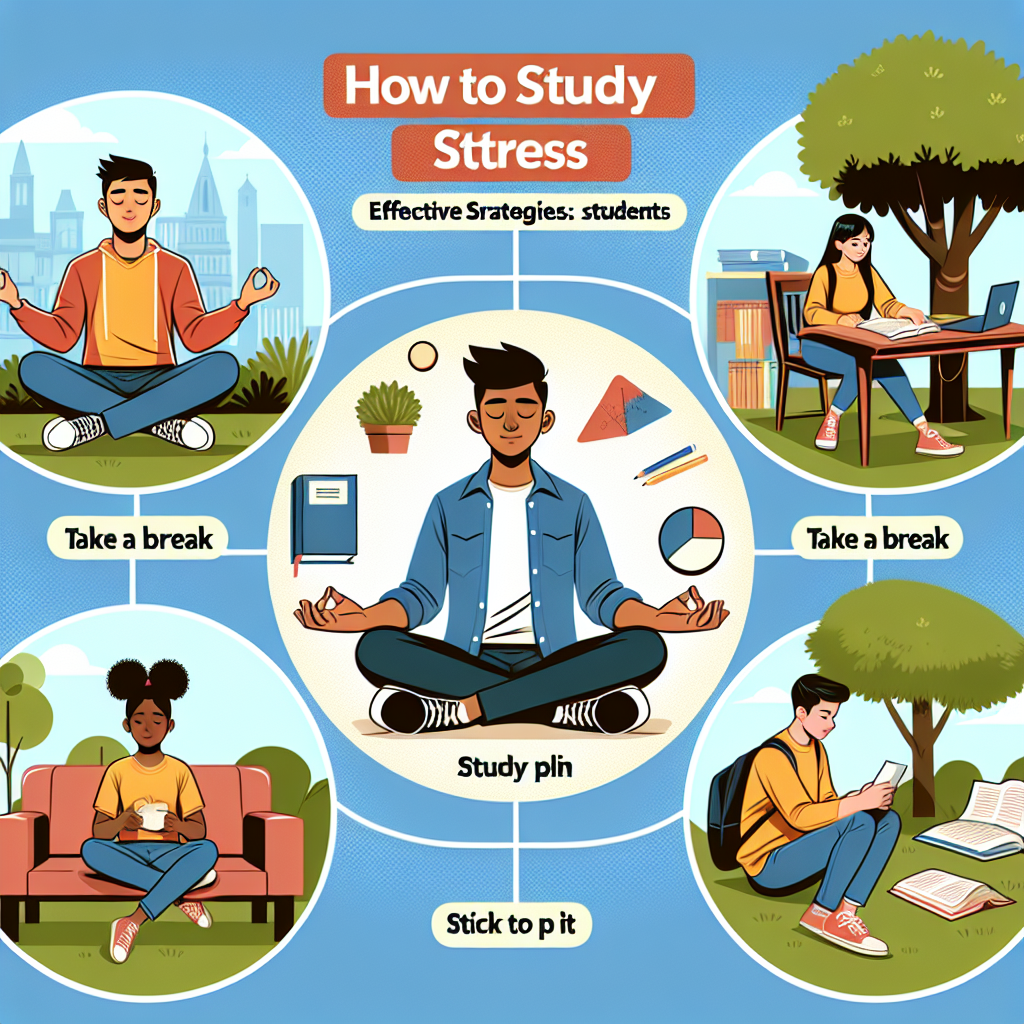Introduction: Elevate Your Academic Performance with Proven Productivity Strategies
In today’s fast-paced academic environment, mastering effective student productivity strategies is more crucial than ever. Whether you’re tackling high school coursework or navigating the complexities of university life, boosting your productivity can make all the difference. This comprehensive guide delves into actionable techniques, time management tips, and the best study habits to help students maximize their learning potential and achieve academic success.
Time Management Techniques for Students
One of the cornerstones of student productivity is mastering time management. Prioritizing tasks, organizing your schedule, and using proven frameworks can help you make the most of your study hours. Here are a few key techniques:
- Pomodoro Technique: Work in focused 25-minute intervals followed by a 5-minute break. This method helps maintain concentration and prevents burnout.
- Eisenhower Matrix: Distinguish between urgent and important tasks to prioritize assignments effectively.
- Time Blocking: Allocate specific blocks of time to different subjects or activities, reducing procrastination and boosting productivity.
Goal Setting: The Foundation of Productive Learning
Setting clear, achievable goals is a vital part of any student productivity strategy. SMART goals—Specific, Measurable, Achievable, Relevant, and Time-bound—enable students to track progress and stay motivated. Consider these tips:
- Break down big projects: Divide major assignments into smaller, manageable tasks to prevent overwhelm.
- Set daily and weekly objectives: Regularly update your goals to reflect changing priorities and deadlines.
- Visualize success: Use vision boards or progress trackers to keep your goals top of mind.
Effective Study Habits for Academic Success
Improving your study habits is key to boosting both productivity and retention. Here’s how to study smarter, not harder:
- Active Learning: Engage with material by summarizing, teaching others, or applying concepts to real-world scenarios.
- Spaced Repetition: Review information at regular intervals to enhance long-term memory retention.
- Optimal Study Environment: Choose a quiet, well-lit space free of distractions to maximize focus.
- Mind Mapping: Organize information visually to see connections and improve recall.
“Success is the sum of small efforts, repeated day in and day out.” – Robert Collier
Managing Distractions: Stay Focused and On Track
In the digital age, distractions are everywhere—social media, notifications, and even noisy environments can derail your study sessions. Try these strategies to stay on track:
- Digital Detox: Use apps to block distracting websites and mute notifications during study time.
- Set Boundaries: Let friends and family know your study schedule to minimize interruptions.
- Task Lists: Keep a prioritized list of tasks to maintain focus and avoid multitasking.
Maintaining Wellbeing for Better Productivity
Productivity isn’t just about working harder—it’s about working smarter and taking care of your mind and body. Incorporate these habits for a balanced approach:
- Regular Exercise: Physical activity boosts energy and cognitive function.
- Healthy Sleep Patterns: Aim for 7-9 hours per night to improve concentration and memory.
- Mindfulness & Stress Management: Practice mindfulness, meditation, or deep breathing to reduce anxiety and enhance focus.
- Nutritious Diet: Eat brain-boosting foods like nuts, berries, and leafy greens.
Top Tools and Apps to Boost Student Productivity
The right digital tools can make a world of difference in managing your workload and staying organized. Consider integrating these into your daily routine:
- Task Management: Use apps to track assignments, deadlines, and progress.
- Note-Taking: Digital notebooks help keep your study materials organized and accessible.
- Time-Tracking: Monitor how much time you spend on each subject to optimize your study schedule.
- Collaboration Tools: Connect with classmates for group projects and shared learning experiences.
Conclusion: Turn Strategies into Habits for Lifelong Success
Implementing these student productivity strategies can transform your academic journey. Remember, consistency is key—start with small changes and build sustainable habits over time. By optimizing your time, setting clear goals, practicing effective study habits, managing distractions, and prioritizing your wellbeing, you’ll unlock your full potential and pave the way for academic achievement and personal growth.

